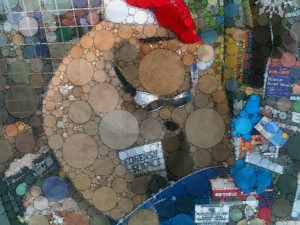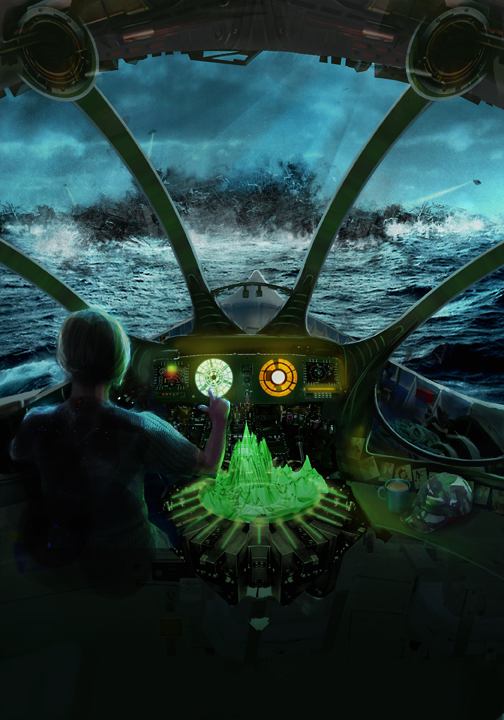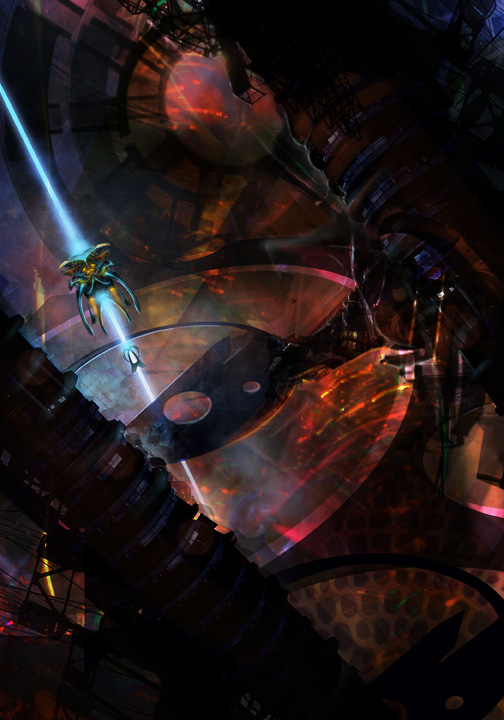This essay originally appeared in the January 2000 issue of Imaginary Realities.
In 1999, one of the Armageddon MUD coders, Morgenes, put in a command that has no effect on a player at all. It doesn’t get you gold (or obsidian, in our mud’s case), doesn’t raise your skills, doesn’t open the mystic portal to the realm of Waterdeep, or anything at all like that. Yet it was a change that would end up becoming one of the most popular (and most copied) commands ever on the mud, with at least one thread on our discussion board devoted to lavish praise of it from players and staff alike.
The command was ‘think.’ Its syntax is simple. The player types think ‘Woah, hey, did I just see a coin lying in the road back there?’ and gets this back: ‘You think ‘Woah, hey, did I just see a coin lying in the road back there?’ Easy, no? And at first glance, somewhat pointless.
To explain the immense popularity of this command, one needs to understand that Armageddon MUD is more than role play intensive. It’s role play required, and players who fail to stay in character or interrupt the flow of the vast interactive story that staff and players are spinning together usually mend their ways fast. Or are asked to leave the story, usually not in a particularly polite manner. Armageddon’s had the reputation of having the rudest immortal staff on the net for a long time, and while that’s changed considerably, there are, I suspect, staff members who still cherish that attitude to a degree. Players who aren’t staying in character find out fast that it’s not appropriate, or appreciated, on Arm.
Given this, think has proven invaluable to the players whose actions might be incomprehensible to the staff. If a staff member happens to be monitoring a player, and glimpses a few thinks here and there, they know what’s going on and why, precisely, that crazed Krathi is sitting out in the desert. She’s waiting for a vision, which she might choose to supply of her own accord via think, or with which a staff member might help. Why did that elf suddenly take off running? He thought he saw a mantis, gythka staff in mandible, approaching his hiding place. Think not only helps the player solidify what it is she’s doing, but lets the staff know what’s going on as well.
Beyond that, the command’s entertaining and helps the player flesh out the character. Is he thinking ‘Did that templar just look at me?’ If so, he may scurry back into the Labyrinth to hide from the unwanted attention. Perhaps while that wily gypsy is trying to sell her a luck charm, the player’s sitting there thinking hard on how to sell the gypsy out to the dreaded Blackmoon. Personal beliefs, spiritual beliefs, reactions to other characters – all of these, and more, get played out via the think command in a way they never were before. One of my favorite moments was monitoring a conversation between a pretentious noble and the commoner they were upbraiding, who while keeping their eyes downcast was thinking of the multitude of ways that noble could be humiliated.
I’ve seen other benefits as well. At least one character has accidentally typed talk instead of think, and found themselves saying aloud what’s in their head, leading to assorted and interesting results. It slows down some of the fast typists, who otherwise tend to overwhelm other players with the multitude of their emotes and speeches. Some players use it while sleeping, to create intricate and sometimes lurid dreams. We’ve some plans to tie think into the psionic skills on the mud eventually, though that’s a far and future notion. But the benefit to the role playing of the mud has been tremendous. I’d urge other role playing muds to at least…think about putting this command in.






